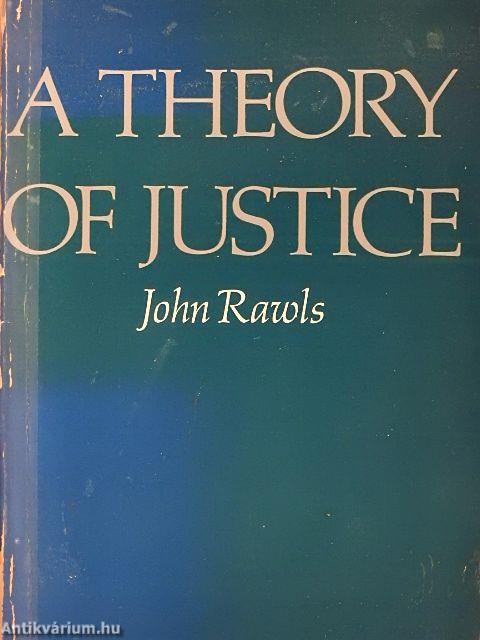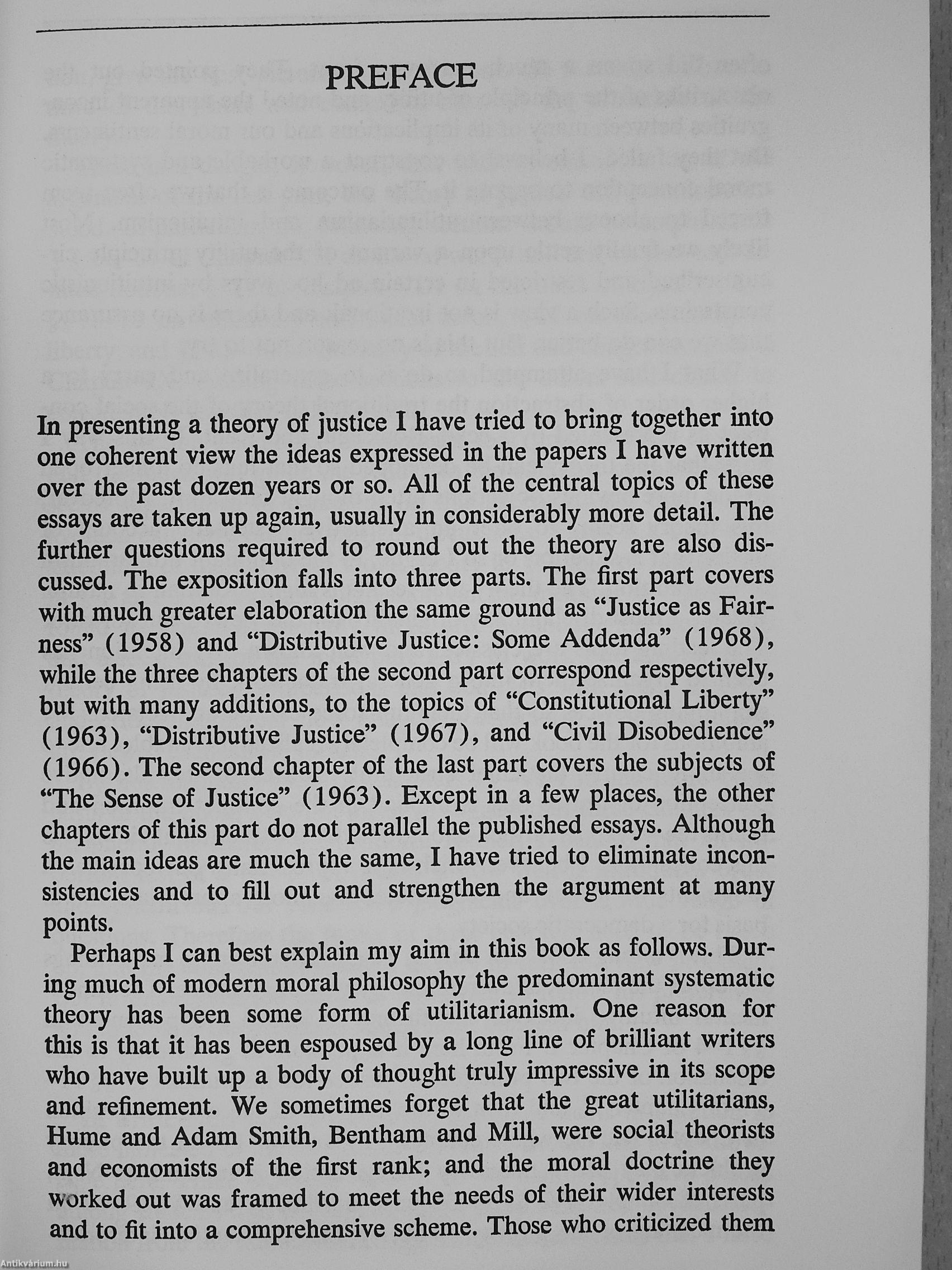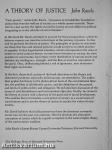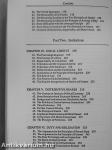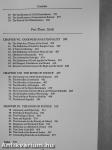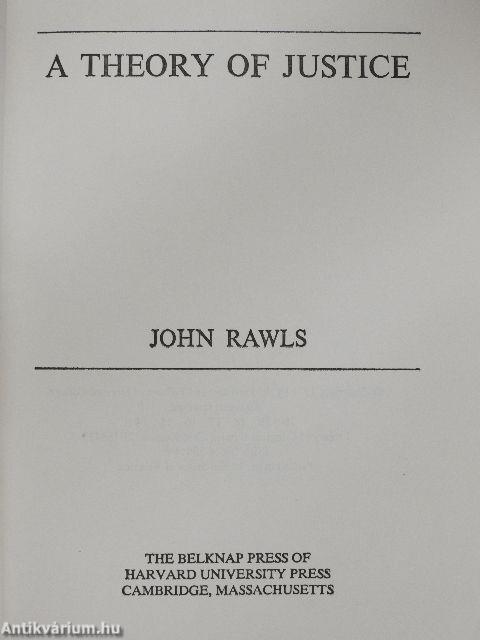1.061.917
kiadvánnyal nyújtjuk Magyarország legnagyobb antikvár könyv-kínálatát

VISSZA
A TETEJÉRE
JAVASLATOKÉszre-
vételek
A Theory of Justice
| Kiadó: | The Belknap Press of Harvard University Press |
|---|---|
| Kiadás helye: | Cambridge |
| Kiadás éve: | |
| Kötés típusa: | Ragasztott papírkötés |
| Oldalszám: | 607 oldal |
| Sorozatcím: | |
| Kötetszám: | |
| Nyelv: | Angol |
| Méret: | 23 cm x 15 cm |
| ISBN: | 0-674-88014-5 |
naponta értesítjük a beérkező friss
kiadványokról
naponta értesítjük a beérkező friss
kiadványokról
Előszó
TovábbFülszöveg
A THEORY OF JUSTICE ]ohn Rawls
"Each person," writes John Rawls, "possesses an inviolability founded on justice that even the welfare of society as a whole cannot override. Therefore in a just society the rights secured by justice are not stibject to political bargaining or to the calculus of social interests."
In this book Mr. Rawls attempts to account for these propositions, v/hich he believes express our intuitive convictions of the primacy of justice. To this end he presents his theory of justice. The principles of justice he sets forth are those that free and rational persons would accept in an initial position of equahty. In this hypothetical situation, which corresponds to the state of nature in social contract theory, no one knows his place in society; his class position or social status; his fortune in the distribution of natural assets and abihties; his intelligence, strength, and the hke; or even his conception of the good. Thus, deliberating behind a veil of... Tovább
Fülszöveg
A THEORY OF JUSTICE ]ohn Rawls
"Each person," writes John Rawls, "possesses an inviolability founded on justice that even the welfare of society as a whole cannot override. Therefore in a just society the rights secured by justice are not stibject to political bargaining or to the calculus of social interests."
In this book Mr. Rawls attempts to account for these propositions, v/hich he believes express our intuitive convictions of the primacy of justice. To this end he presents his theory of justice. The principles of justice he sets forth are those that free and rational persons would accept in an initial position of equahty. In this hypothetical situation, which corresponds to the state of nature in social contract theory, no one knows his place in society; his class position or social status; his fortune in the distribution of natural assets and abihties; his intelligence, strength, and the hke; or even his conception of the good. Thus, deliberating behind a veil of ignorance, men determine their rights and duties.
(
In the first, theoretical, section of the book objections to the theory and !^
alternative positions, especially utilitarianism, are attended to. The author then applies his theory to the philosophical basis of the constitutional liberties, the problem of distributive justice, and the definition of the ground and limits of political duty and obligation. He includes here discussion of the issues of civil disobedience and conscientious objection. Finally, he connects the theory of justice with a doctrine of the good and of moral development. This enables him to formulate a conception of society as a social union of social unions and to use the theory of justice to explain the values of community.
Mr. Rawls believes that utilitarianism has been the dominant systematic 'i
moral view for the past two centuries. Here he develops the alternative conception of justice which he regards as implicit in the natural rights theory of the contractarian tradition.
John Rawls is James Bryant Conant University Professor, Harvard University.
The Belknap Press of Harvard University Press Cambridge, Massachusetts Vissza
Témakörök
- Történelem > Társadalomelmélet
- Filozófia > A szerző származása szerint > Amerikai
- Filozófia > Témaköre szerint > Etika
- Idegennyelv > Idegennyelvű könyvek > Angol > Filozófia > Nemzetisége szerint > Amerikai
- Idegennyelv > Idegennyelvű könyvek > Angol > Filozófia > Témaköre szerint > Etika
- Idegennyelv > Idegennyelvű könyvek > Angol > Történelem > Egyéb
- Történelem > Idegennyelvű > Angol
- Történelem > Politika > Egyéb
- Filozófia > Témaköre szerint > Társadalomfilozófia > Egyéb
- Idegennyelv > Idegennyelvű könyvek > Angol > Filozófia > Témaköre szerint > Társadalomfilozófia > Egyéb
John Rawls
John Rawls műveinek az Antikvarium.hu-n kapható vagy előjegyezhető listáját itt tekintheti meg: John Rawls könyvek, művekMegvásárolható példányok
Nincs megvásárolható példány
A könyv összes megrendelhető példánya elfogyott. Ha kívánja, előjegyezheti a könyvet, és amint a könyv egy újabb példánya elérhető lesz, értesítjük.



